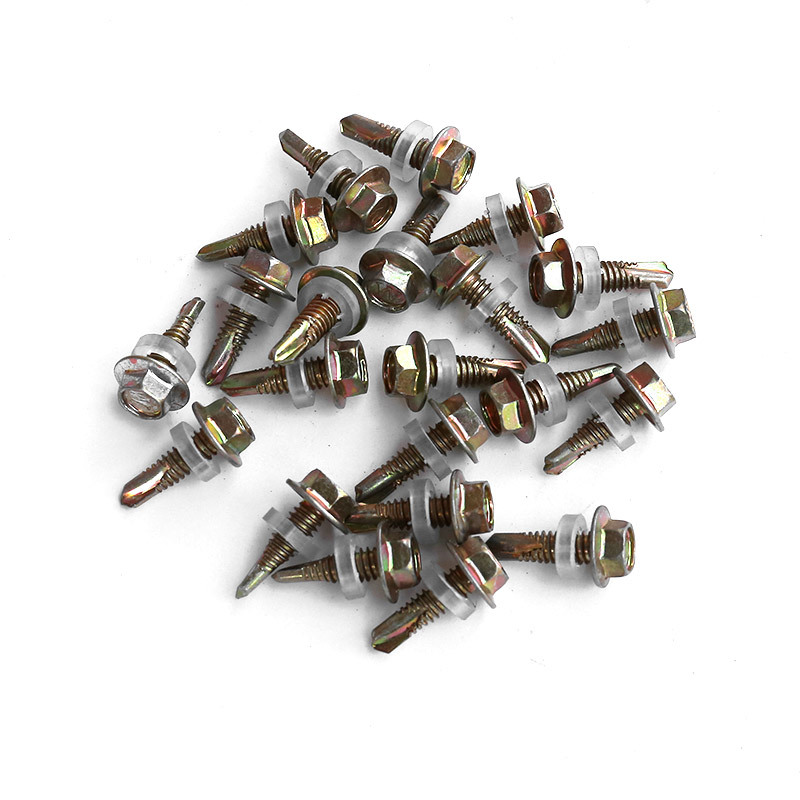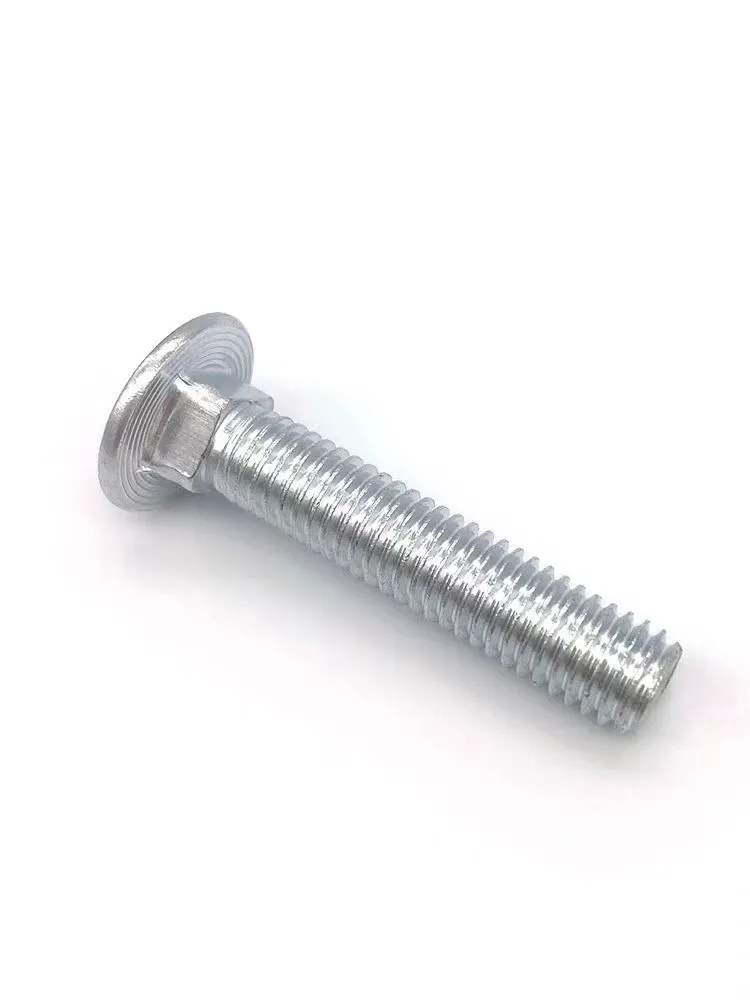

bulk flat washers
ফেব্রু. . 16, 2025 08:58 Back to list
bulk flat washers
Navigating through the vast world of washers, one quickly encounters the seemingly humble yet incredibly vital flat washer. This unassuming component, often overshadowed by its more flamboyant fastener counterparts, plays a crucial role in a plethora of applications across various industries. What solidifies the flat washer's reputation is its adaptability; it comes in various types, each designed to meet specific demands, thus underscoring its indispensable nature in engineering and construction.
In environments where electrical components and non-conductive properties are vital, insulating flat washers find their niche. Typically constructed from materials such as Teflon or nylon, they prevent metal-to-metal contact, thereby reducing the risk of electrical conduction and corrosion. These qualities make them indispensable in electronic assemblies and electrical enclosures. Meanwhile, specialty flat washers are engineered to tackle specific challenges that standard forms cannot address. For instance, Belleville or conical spring washers, although a subspecies, are sometimes categorized under the flat washer umbrella due to their functional similarities. They provide tension or absorb shock effectively, thus applicable in scenarios where maintaining tension in bolted joints is necessary. Zinc and cadmium-coated flat washers also show the innovation in washer utility, providing anti-corrosive properties, making them ideal for outdoor and marine environments. Such adaptations have paved the way for flat washers to cater to a broader spectrum of industries and purposes, each type meticulously designed and crafted to address particular challenges. Trust in the efficacy of flat washers is rooted in their conspicuous presence across myriad sectors, underscoring their essential role in ensuring the integrity, efficiency, and longevity of countless assemblies. Industry experts acknowledge that while minute, they are a testament to how simple modifications in basic engineering components can lead to significant advancements in performance and reliability. Ultimately, understanding the different types of flat washers and their unique applications not only enhances one's technical proficiency but also instills confidence in making informed decisions that enhance operational outcomes. As industries continually evolve, so too will the need for these seemingly simple yet fundamentally transformative components, conveying a quiet authority that underscores engineering excellence and innovation.


In environments where electrical components and non-conductive properties are vital, insulating flat washers find their niche. Typically constructed from materials such as Teflon or nylon, they prevent metal-to-metal contact, thereby reducing the risk of electrical conduction and corrosion. These qualities make them indispensable in electronic assemblies and electrical enclosures. Meanwhile, specialty flat washers are engineered to tackle specific challenges that standard forms cannot address. For instance, Belleville or conical spring washers, although a subspecies, are sometimes categorized under the flat washer umbrella due to their functional similarities. They provide tension or absorb shock effectively, thus applicable in scenarios where maintaining tension in bolted joints is necessary. Zinc and cadmium-coated flat washers also show the innovation in washer utility, providing anti-corrosive properties, making them ideal for outdoor and marine environments. Such adaptations have paved the way for flat washers to cater to a broader spectrum of industries and purposes, each type meticulously designed and crafted to address particular challenges. Trust in the efficacy of flat washers is rooted in their conspicuous presence across myriad sectors, underscoring their essential role in ensuring the integrity, efficiency, and longevity of countless assemblies. Industry experts acknowledge that while minute, they are a testament to how simple modifications in basic engineering components can lead to significant advancements in performance and reliability. Ultimately, understanding the different types of flat washers and their unique applications not only enhances one's technical proficiency but also instills confidence in making informed decisions that enhance operational outcomes. As industries continually evolve, so too will the need for these seemingly simple yet fundamentally transformative components, conveying a quiet authority that underscores engineering excellence and innovation.
Latest news
-
Best Self Tapping Screws for Drywall - Fast & Secure Installation
NewsJul.31,2025
-
High-Strength Hot Dip Galvanized Bolts-Hebei Longze|Corrosion Resistance&Customization
NewsJul.31,2025
-
Hot Dip Galvanized Bolts-Hebei Longze Metal Products|Corrosion Resistance&High Strength
NewsJul.31,2025
-
Hot Dip Galvanized Bolts-About LongZe|High Strength, Corrosion Resistance
NewsJul.30,2025
-
High-Strength Hot Dip Galvanized Bolts - Hebei Longze | Corrosion Resistance, Customization
NewsJul.30,2025
-
Hot Dip Galvanized Bolts-Hebei Longze|Corrosion Resistance&High Strength
NewsJul.30,2025

